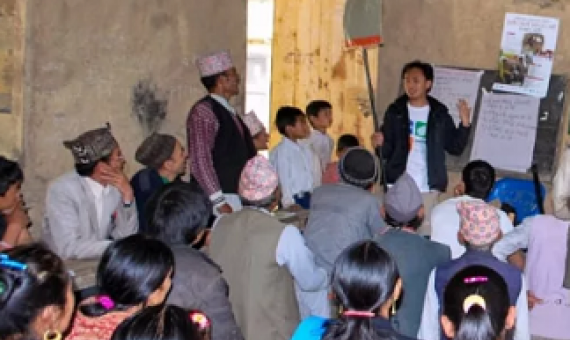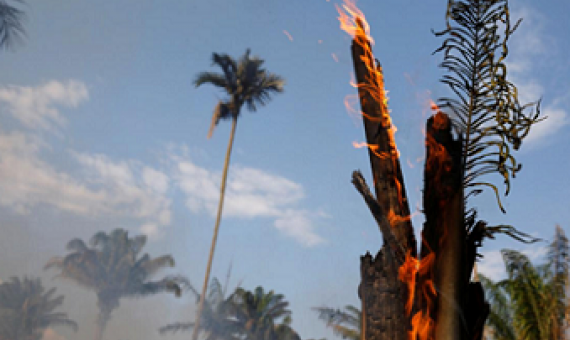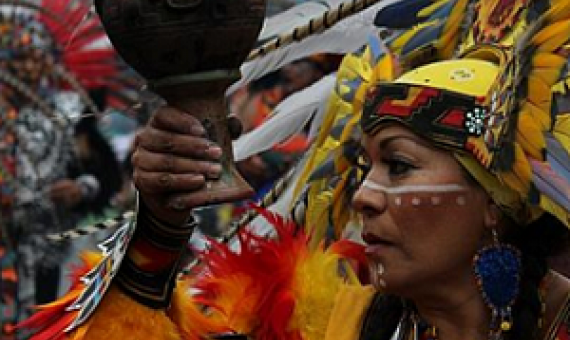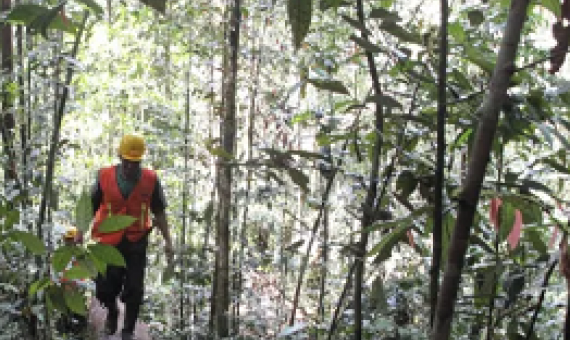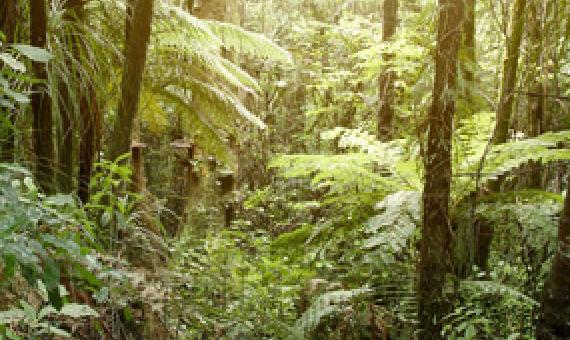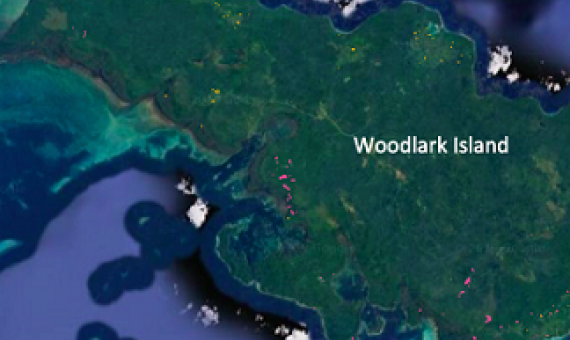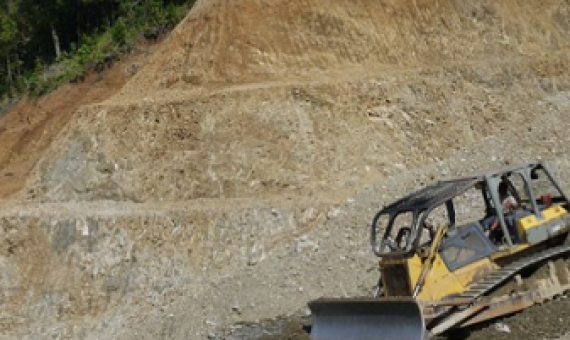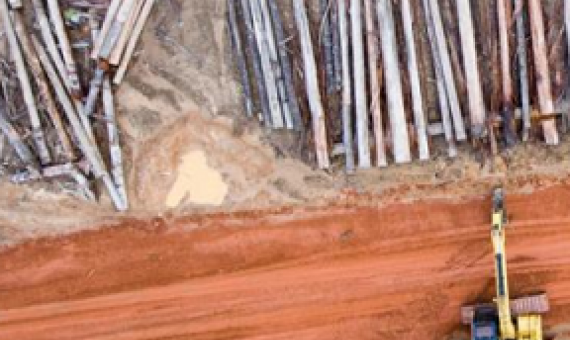The recent anthropogenic wildfire tragedies across the globe affect those on the ground the most. They witness this destruction of habitat first-hand, and in most cases, are burdened with finding the solutions to stop it.
Wildfires are currently burning so intensely in the Amazon rainforest that smoke from the blaze has covered nearby cities in a dark haze. The blazes are so huge that smoke can be seen from space, and experts say the fires could have major climate impacts.
Wildfires raging in the Amazon rainforest have jumped this year, with 72,843 fires detected so far by Brazil’s space research center INPE, as concerns grow over right-wing President Jair Bolsonaro’s environmental policy. Link to full article below.
A statement on the Intergovernmental Panel on Climate Change (IPCC) Special Report on Climate Change and Land from Indigenous Peoples and local communities from 42 countries spanning 76% of the world’s tropical forests. Link to full article below.
The majority of logging companies, however, fail to protect their lands from unsustainable clear-felling practices and even fewer have systems to monitor and ensure such policies. Link to full article below.
Conservationists in Northland say the Whangārei District Council needs to get real about climate change after a hectare of native forest was felled to make way for a subdivision. Link to full article below.
A unique island ecosystem and culture lying 270 kilometers (170 miles) off Papua New Guinea is once more in the crosshairs. Their latest challenge comes from a foreign-owned company, Kulawood Limited, which has applied for a permit to log and clear 30,000 hectares (74,100 acres) of land.
A huge roadbuilding scheme in Papua New Guinea could imperil some of the largest, biologically richest and culturally most diverse forests on the planet, says an international research team led by James Cook University in Australia.Click on the link below to read the full article.
A major palm oil producer Korindo has been found guilty today (Wednesday) of rainforest destruction and human rights abuses in Papua by the Forest Stewardship Council.
These are the days of lasers in the jungle
For tropical forest carbon to be commoditized, a consistent, globally verifiable system for reporting and monitoring carbon stocks and emissions must be achieved. We call for a global airborne LiDAR campaign that will measure the 3-D structure of each hectare of forested (and formerly forested) land in the tropics. We believe such a database could be assembled for only 5% of funding already pledged to offset tropical forest carbon emissions.

